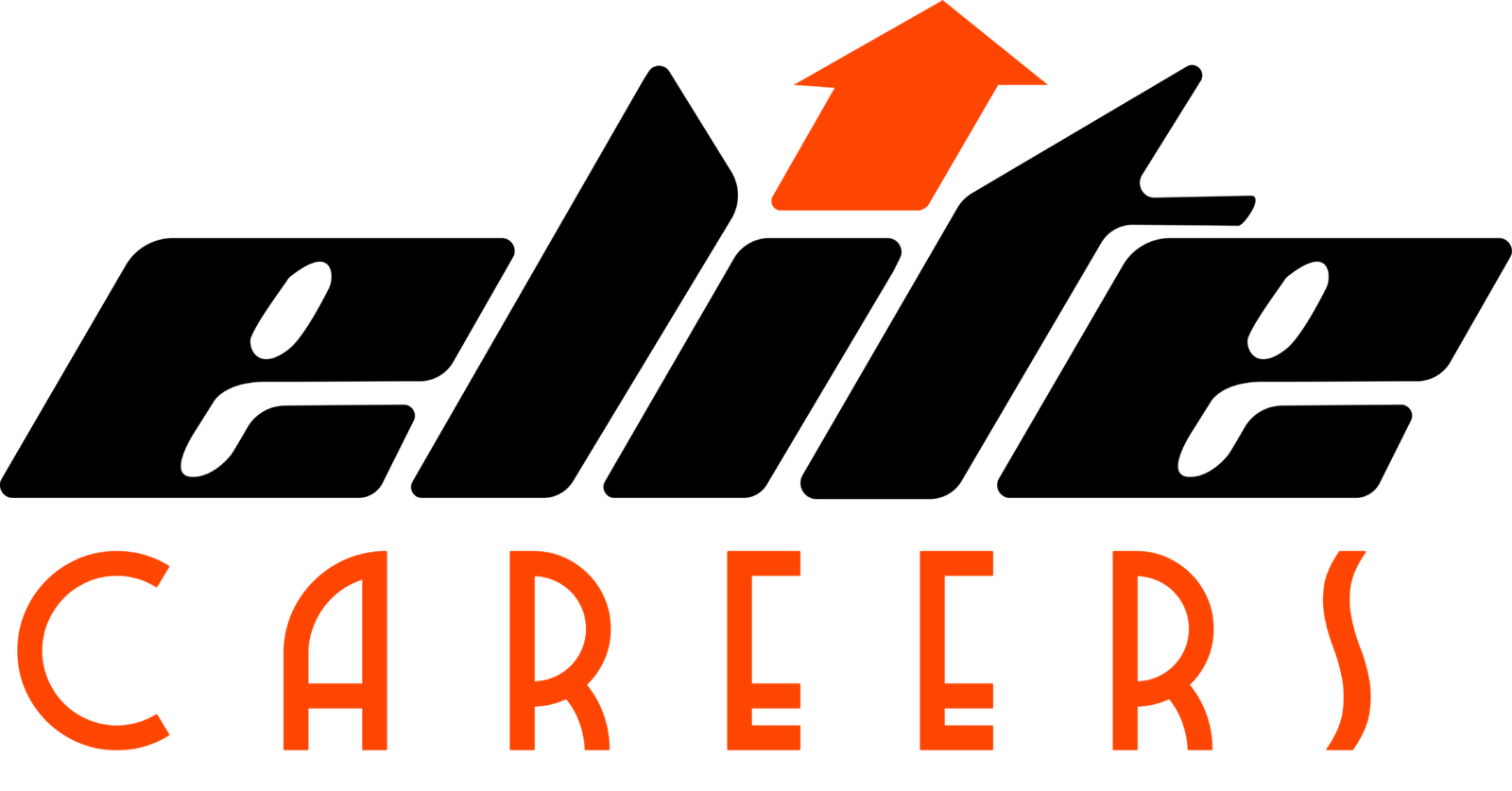How to Quickly Build Rapport with the Job Interviewer?

You have checked and seen that you possess the skills required for the job, you passed the evaluations, and are getting ready to move on to the interview stage. At this point in the job recruitment process, you need to demonstrate that you would be a good match for the position and a valuable member of the team. You need to ace the interview, and, of course, this starts with establishing a rapport with the recruiter.
In reality, you probably have very little time to establish a rapport with the job recruiter in an interview. Doing this would foster mutual trust, which can go a long way to securing the job for you. Your interviewer then begins to like you, which can generate meaningful talks and a willingness to see from your standpoint.
In that light, let us examine how to build rapport with a job interviewer.
Dress well to the interview
Dressing well for the job interview is just as important as any other tip discussed in this article. It is okay to ask if you should appear casual or formal while scheduling the interview. And if you do not have that luxury, then business casual is just fine.
Be Punctual
Punctuality is taken very seriously by the Canadian workforce. It is crucial that you arrive on time for your interview if you want to make a good first impression. Waltzing into an interview after the interviewer has arrived can be a spanner in the works for the rest of the interview.
Research on the company (and maybe the hiring manager too) before the interview
You cannot just walk into an interview, guns blazing, without having proper knowledge about the organization. You do not need to have studied a whole encyclopedia to learn about that firm, but you must have read something about them. “What do you know about us?” is a question you might be asked. Your response to that question could either eliminate you or illuminate their perception of you.
In terms of the recruiting manager, if you learn who they are, you can look up their social media profiles. In that interview, you can bring up something about their interests. You get their attention this way.
Work on communication skills — the bedrock

Communication skills are considered one of the most important aspects of developing rapport. Skills such as active listening, the use of the right nonverbal communication, the right tone, avoiding lengthy meaningless talks (summarizing), giving factual information, and so on, must be adhered to for effective communication. We all agree good communication enhances good rapport.
In some scenarios, interviewers openly commend interviewees because the interview was more of a conversation. So keep in mind the skills you need to communicate effectively. Interviewers are often on the look out for confidence, energy and positive body language. Keep this in mind during the interview.
Show gratitude
Demonstrate thankfulness. Well, this is more like a cheat code. Talk about your interest in the role or the organization and cite specific reasons you are drawn to the position and the team. Then, express your gratitude for the opportunity to be considered for the position.
Show some form of enthusiasm, and express appreciation for the interview. It appeals to their good sides.
Be polite and respectful
You have to be courteous and respectful. Do not interrupt the interviewer while they are speaking; instead, wait until they allow you to speak. There might be times when you hold an opinion different from the interviewer’s. In those cases, express yours without being critical or dismissive of theirs. Remember your getting the job is dependent on their perception of your personality. No one wants a rude employee, no matter how talented they may be.
Ask questions at the end of the interview
Most interviewers would ask you if you have questions. You need to shift from a typical question-and-answer interview to a discussion to establish a solid rapport. This is accomplished through asking questions, paying close attention to the responses, and engaging the interviewer. You can also follow up answers with questions to engage the interviewer.
Getting through the interview stage may not be as easy as it seems and success in one is not a guarantee for future ones. It would be best if you learned the art of acing interviews. Check out our article on “How to prepare for an interview.”
To help you prepare for that interview, check out our mock interviews that help you get ready. Also, at Elite careers, we offer career coaching services for which you can harness. So, speak with us today and let’s get started.








